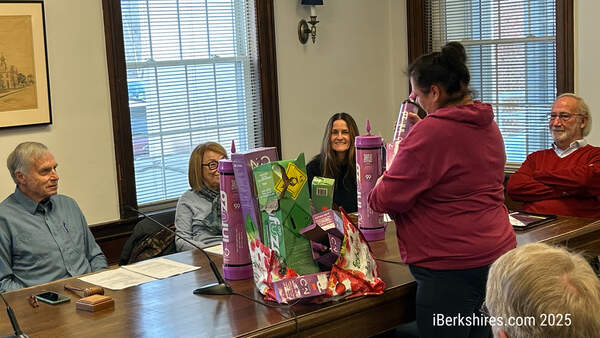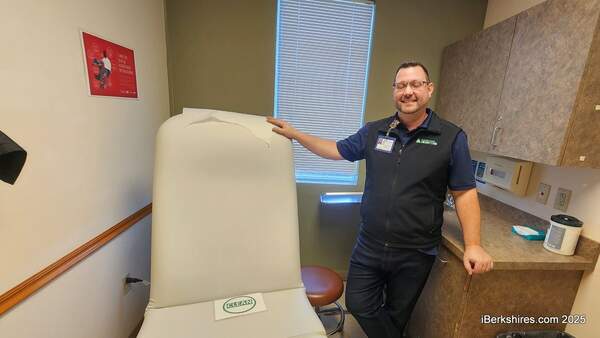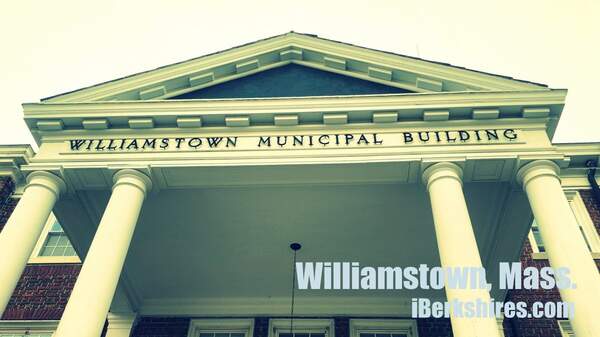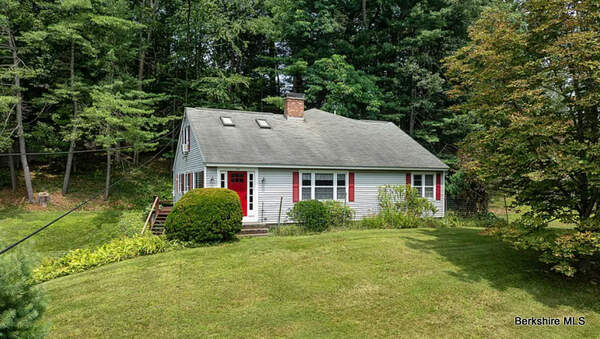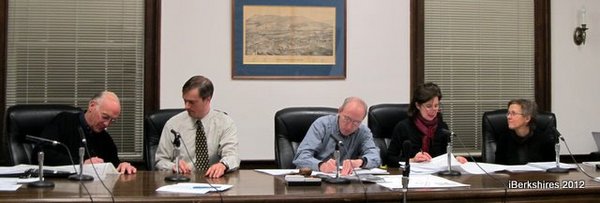
Williamstown Planners Set Hearings For New Bylaws
WILLIAMSTOWN, Mass. — Town planners have set public hearings on two bylaw changes — one to help farmers survive and the other to increase downtown density.On Tuesday, the Planning Board set a Feb. 14 public hearing to finish crafting the new bylaws in time for town meeting in May. The second dwelling unit article was crafted by the board and the accessory to agricultural bylaw was crafted by attorney and Cricket Creek Farm trustee Sherwood Guernsey. The first is attempting to allow residents to turn barns or garages into apartment buildings while the latter is attempting to help sustain farms by allowing additional property usage.
The second dwelling unit bylaw is additional changes planners are making in hopes to increase the vibrancy of Water Street and other downtown areas. Last year, the town approved the board's proposal to allow residential living on first floors, which was previously excluded, to fill the vacant or underused buildings.
Now the next step is to increase density by allowing homes in residential neighborhoods to add apartments or guest homes to their property by right. Planning Board Chairman Pat Dunlavey said planners have been chipping away at restrictive zoning that went into place in the 1980s.
Affordable Housing Committee Chairwoman Catherine Yamamoto voiced support of second dwellings because it would help address a shortage in elderly and low-incoming housing.
"It provides an opportunity for people to live in a small dwelling unit," Yamamoto said. "We are very happy and would like to endorse this and we'd be glad to endorse it at town meeting."
The accessory-use-to-agriculture bylaw will allow weddings, concerts and other celebrations at farms. The proposal came from Cricket Creek Farm's attempts to find supplemental income. The farm drafted the bylaw changes and presented them to the Planning Board in October. The board then spoke in favor of the move but wanted to hash out details.
However, at what was intended to be just an informative meeting in December, the Board of Selectmen voted to suggest the bylaws to the Planning Board, which opens legal questions about any changes to the proposal. Since the proposal was submitted by the Board of Selectmen, the Planning Board now has to figure out what type of recommendations it can legally make or suggest and the public hearing must be on the proposal as presented.
Planning Board member Christopher Winters said he likes the proposal less now because of additional language Guernsey added to the October draft. Winters contended language was added that restricts these additional uses to only "farms" and not any property that fits the frontages and acreage requirements.
"I am for giving farms additional rights but then I ask, 'why not other properties?'" Winter said and added that he supports the idea behind the proposal and would hate to vote against it.
Board member Ann McCallum continued the discussion by adding that the proposal was intended to help farms because the town sees farms in particular as an asset. However, Dunlavey stopped the conversation because it was straying into what would be discussed at the public hearing.
Williamstown Zoning Draft Amendment for Second Dwelling Units
Tags: agriculture, Planning Board, zoning,


